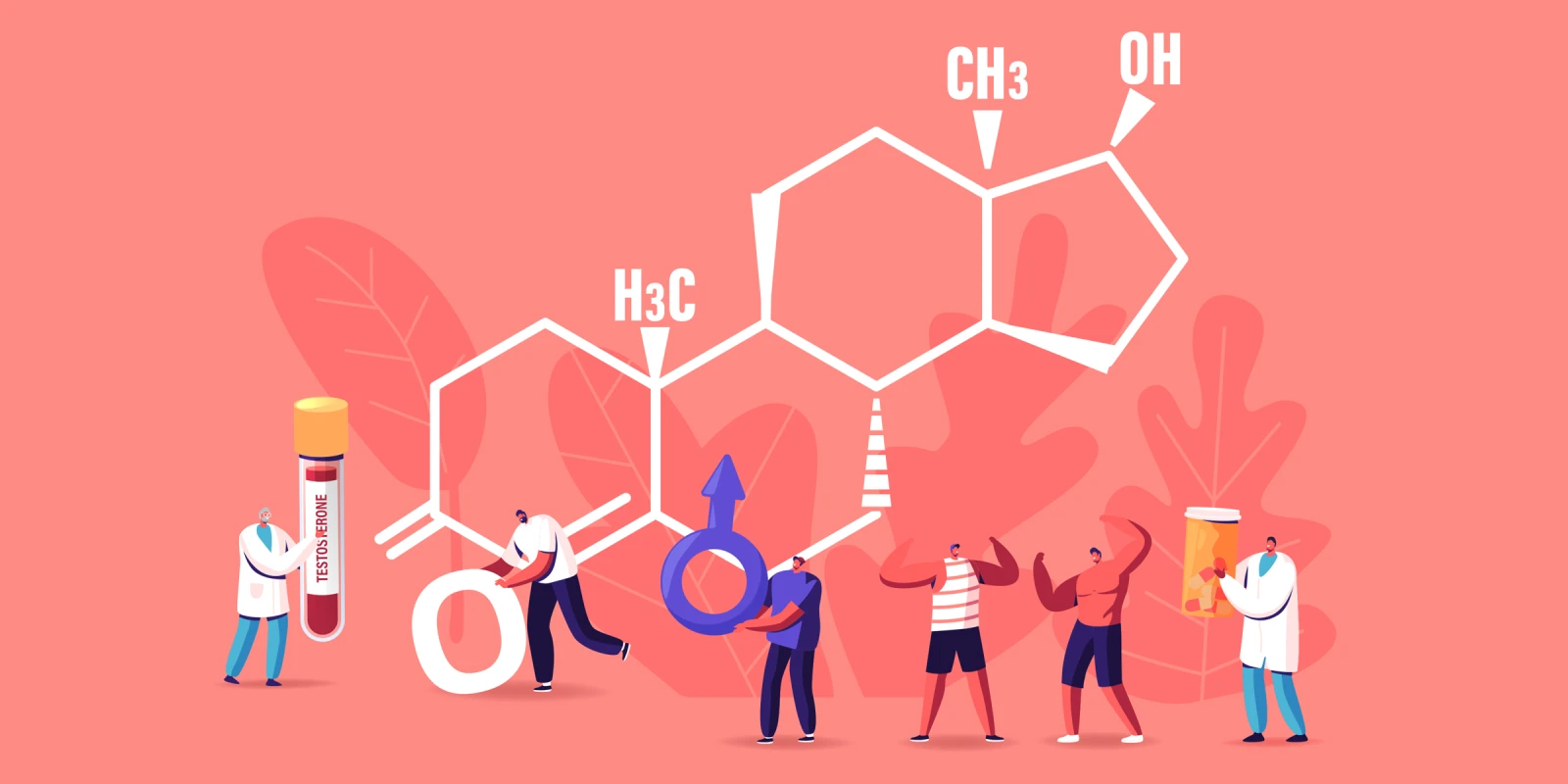“As I approach my 60s, I’ve noticed many changes in my body. I can’t run as fast or lift as much weight as I used to, and I’ve noticed that I have lower energy levels. I’ve heard from my friends that their urologist has prescribed testosterone replacement therapy to replenish their testosterone levels. Do you think this is the solution, doc?”
This anecdote is commonly shared across men’s health clinics. As many know, testosterone is a hormone that plays a crucial role in maintaining bone density, muscle mass, and sex drive, among other things. A decline in testosterone is often associated with fatigue, erectile dysfunction, and even cardiovascular issues. This phenomenon has previously been attributed to the natural process of aging.
But our recent study—presented at the 2023 American Urological Association (AUA) conference in Chicago—has challenged this commonly held belief that age is the primary factor in testosterone decline. Our study, which evaluated the longitudinal association between age and testosterone levels in over 600 men, found that comorbidities, such as anemia, diabetes mellitus, heart failure, obesity, peripheral artery disease, and stroke, were more strongly associated with testosterone decline than age itself.
This is an important finding because it suggests that screening for and treating these comorbidities could potentially slow or even reverse the decline in testosterone levels that we have observed. Traditionally, the management of hypogonadism (low testosterone) has focused on testosterone replacement therapy. This involves supplementing the body with exogenous testosterone to bring levels back up to normal. While this can be an effective treatment, it does include risks such as polycythemia (hematocrit of >52%), increased blood pressure and infertility concerns.
As discussed during our presentation, if the decline in testosterone levels is in fact due to comorbidities, then treating these health problems could potentially address the underlying cause. By improving an individual's diet and exercise regimen, we may be able to combat issues related to diabetes and obesity, which could in turn improve their testosterone levels. This approach may allow us to tackle the issues without exposing the patient to the potential risks of testosterone replacement therapy. Of course, it is important to note that hypogonadism may persist despite addressing these comorbidities, and use of testosterone replacement therapy may be necessary in some cases.
Overall, our study suggests that a more holistic approach to the management of hypogonadism, one that takes into account comorbidities and other factors beyond age, could be beneficial. By addressing comorbidities, we may be able to improve the health and quality of life of aging men. Our podium presentation received a positive response at the 2023 AUA conference, through engaging audience questions and promotion on social media. You may learn more about our work in the Journal of Sexual Medicine.
Dr. Ramasamy and Dr. Gurayah have no conflicts of interest to report.
Image by ivector / Shutterstock






